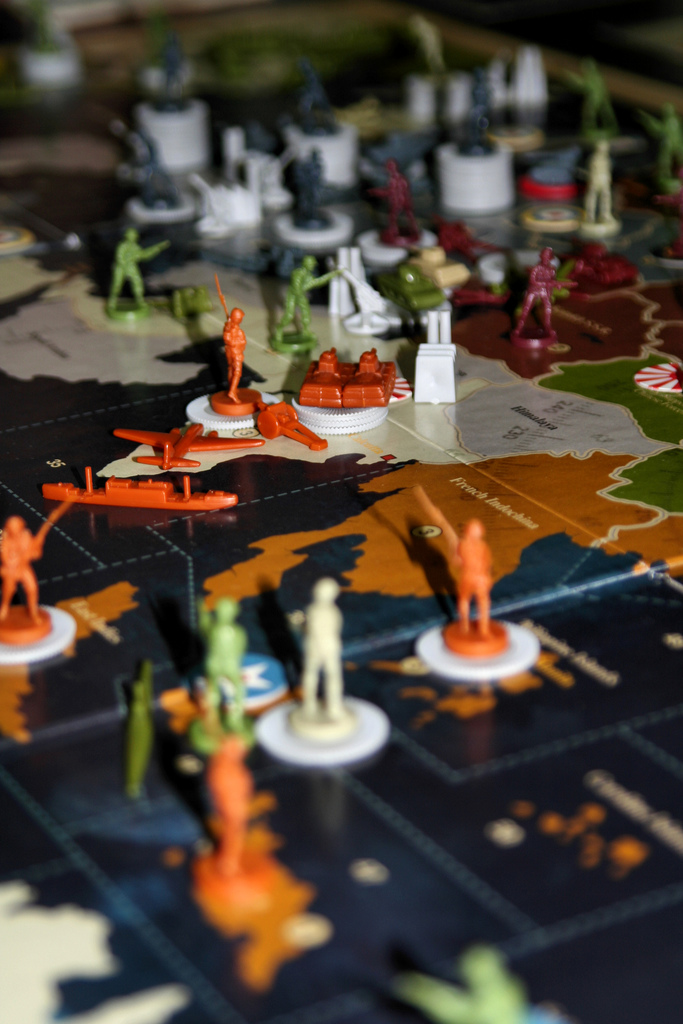
The Voice of the Dolphins, by Leo Szilard, brings into question the many sociopolitical paradigms exposed at the height of the Cold War, since shuffled behind a red curtain stained with shapes of hammers and sickles. The hardheaded diplomacy of the 1960s clouds the vital questions that the ideological struggle was essentially based on: the nature of man and the consequential social structure that best be-seats him. The fanatical, rogue communist leaders manipulated otherwise decent questions regarding political foundations for an optimal society. Regardless, the socialist idea and its representation remain one in the same to historians and political scholars of the 20th century.
Szilard pens a satirical fiction which is set in the backdrop of secret collaboration between top Soviet and American scientists who have miraculously discovered a way to decipher the dialect of dolphins, the most intelligent species on earth. Naming each dolphin after letters of the ancient Greek alphabet, the scientists decide to utilize the dolphins’ vast knowledge and engage politically based philosophical discussions with them. This experimental scientific institution functions for over a decade, enthusiastically funded by a break through discovery by the dolphins of an algae-produced ingredient, which serves as an ingredient for natural birth control. Szilard emphasizes this ingenious solution and foreshadows a population problem that is plaguing much of the politics of the globalized world today.
Published in 1961, Szilard recreates an imaginary space for objective discussion while quietly revealing a tone of contempt towards the tensely molded shape of Cold War politics. However, the most important observation by Szilard is the ideological pursuits of humanity and the insufficient capacity of society, not the individual, to transform the heartfelt social ideal into reality by shedding light on the push and pull between freedom and submission. He also questions the superb ability for scientific exploration by comparing it to the escalation of human ideology as the fundamental enemy of political thought. Written in a time during of pivotal social experimentation, Szilard alludes to the fabrication a neo-politick that now sought to extract its legitimacy via the transformation of the mind, soul and spirit into supreme, highly-moral, political agents. However, the development of socially destructive and craze-producing characterizations is a direct result of our Utopian political imaginations. The problem, Szilard argues, is in the social embrace of politics at the expense of scientific rationale. In the face of economically failing right-wing politics, and the loss of individual dignity to left-wing radicals, the world is left amongst chaos that resembles the most far-flung original purpose of political culture. The approach of politicians is deemed inconclusive regarding its means of attaining justice, whereas the collective conclusions made by the dolphins – the voice of science, the voice of reason – makes a new understanding of political tension. Szilard writes, “When a scientist says something, his colleagues must ask themselves only whether it is true. When a politician says something, his colleagues must first of all ask, ‘Why does he say it?’; later on they may or may not get around to asking whether it happens to be true.” That core problem is as true today as it was half a century ago; politicians continue to create legislation and format political regimes in accordance with statistically decorated assumptions that we live in a world full of rational agents. The truth of politics reveals a means to create peace amongst people who are naturally inclined to war, in the broadest sense of the word. Social movements are a highly static phenomenon and the demand for a ‘right’ and ‘fair’ state of existence serves more to conceal reality than make amends with it. So much of our legal system depends on a human characteristic to be rational, when it does not even exist. In administering justice we require evidence beyond a reasonable doubt, in preventing war we assume the individual voter to act as a rational agent etc. Notably, it is the very same qualities that make us human which impede our ability to be rational. The interception of different realizations throughout the growth of an idea, an individual, of a citizen, of a state only hint towards an appropriate policy being one that is open to the changeability of political culture and more importantly, of human growth. Our civil society today is made up of politically inclined people who foster an incompatibility to change.
Szilard argues the false conception that we are free, by asking all the right questions, including, “Would it be correct to assume that Americans were free to say that they think, because they did not think what they were not free to say?” Szilard also poses the following scenario, “For the sake of argument, [say] that one third of the trustees [of a given political institution] are men endowed with imagination and two thirds of them are not so endowed. Does not the majority vote then automatically bar any imaginative project? And even if we accept, as the basic tenet of true democracy, that one moron is as good as one genius, is it necessary to go one step farther and hold that two morons are better than one genius?” The structure of our democratic institutions should continue to be questioned and observed critically for further development. Progress should not be hindered by history’s ideological manipulation and propaganda schemes that emerged during the Second World War.
It has been the ultimate sociopolitical conflict for a self-denying vanity that emerged from the dreams of great leaders to believe in the ultimate good of humanity to fully understand the limit of our capacity for true and impartial rationality that our modern-day politics is based upon.



